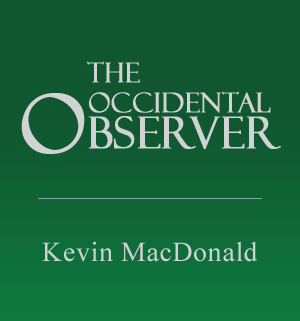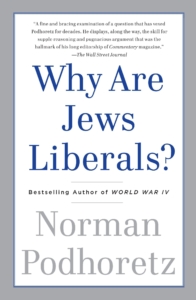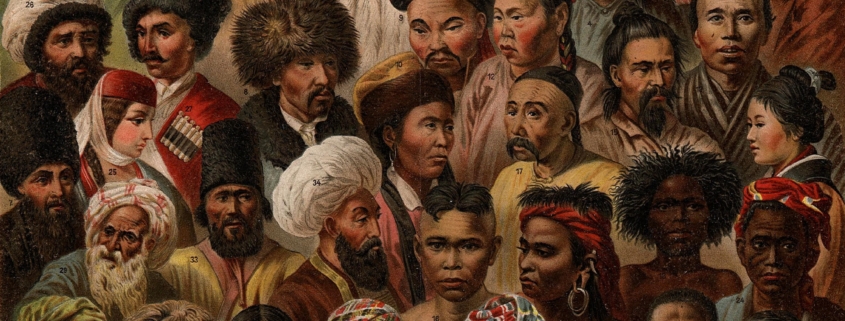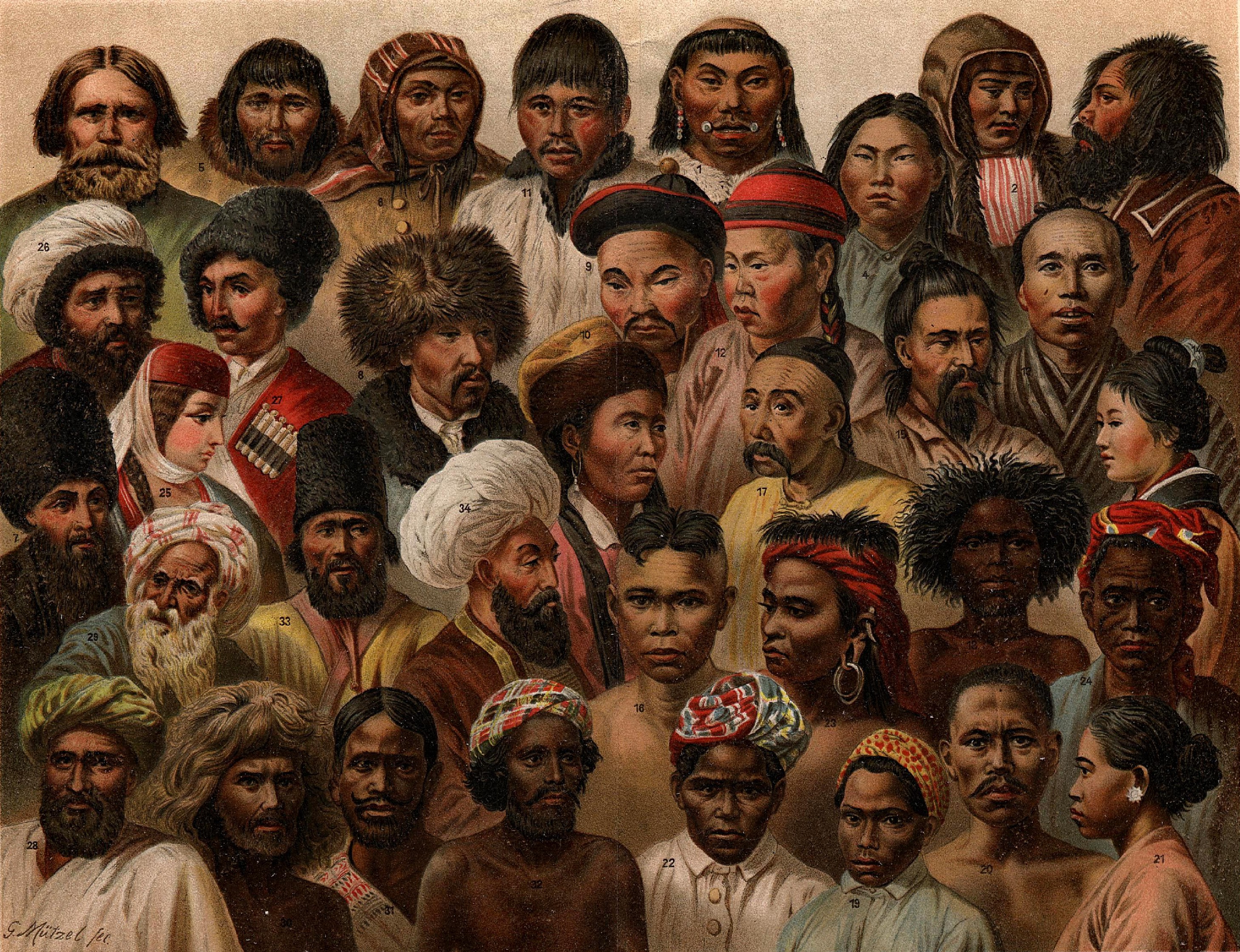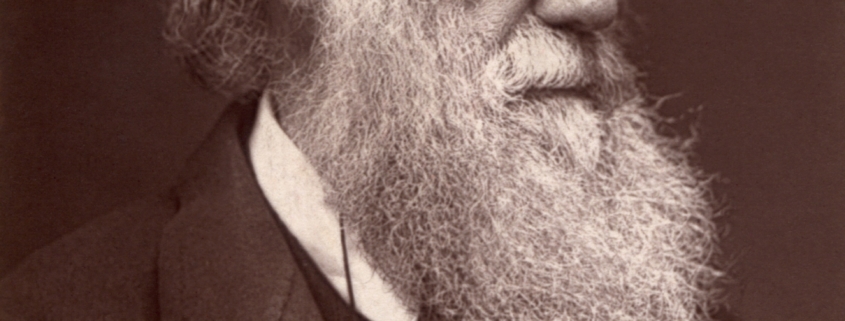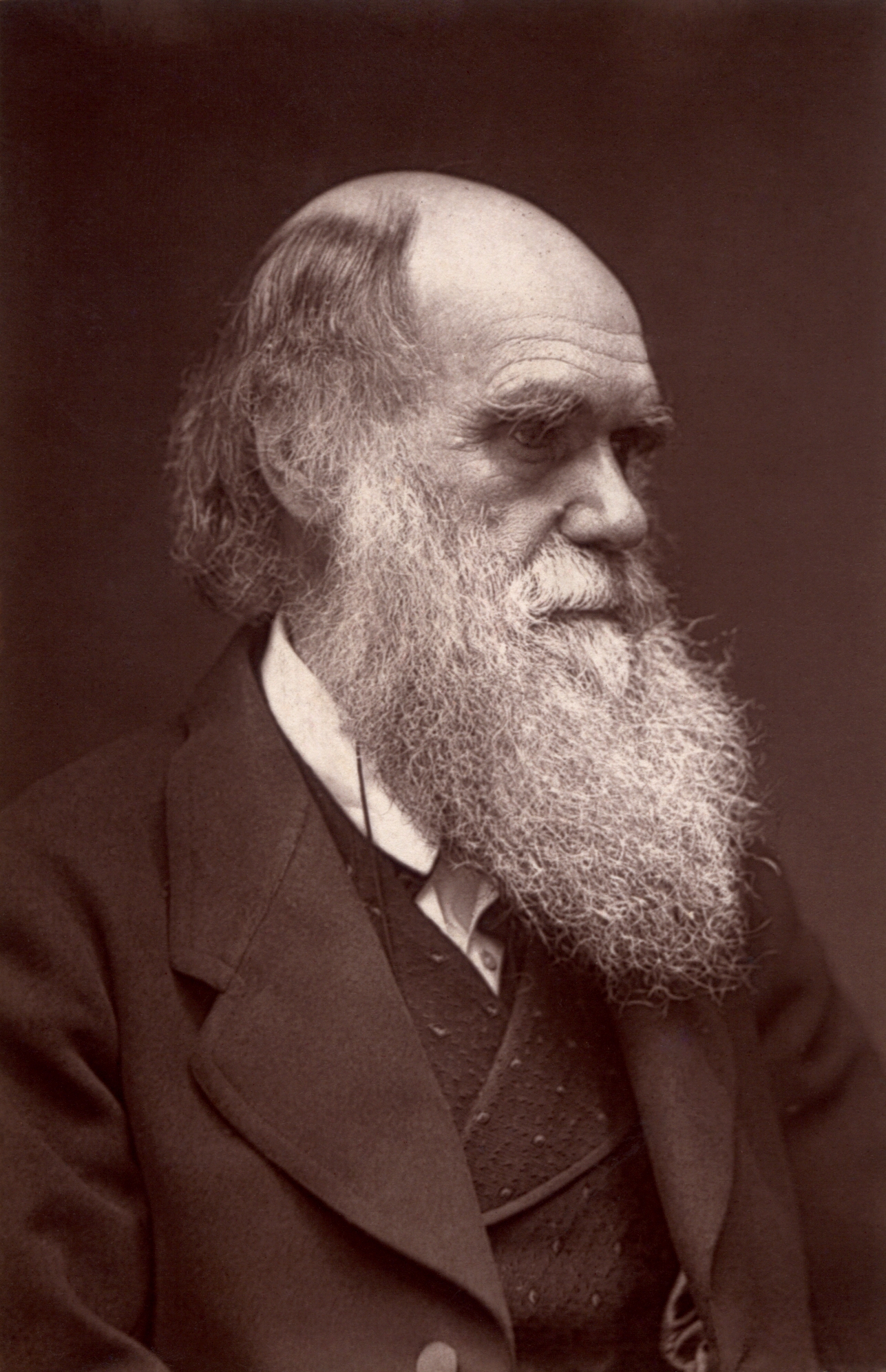The Censor’s Handbook

More people and organizations are legally fighting back against smear campaigns and libel.
Editor’s note: We on the dissident right are under siege. A number of major figures are battling bogus but expensive lawsuits stemming from Charlottesville. Others have been banned from social media or have seen their accounts restricted in various ways. Many sites, including TOQ and TOO, have been denied financial services that facilitate donations. Most devastatingly, people have been fired from their jobs as a result of a simple phone call from the Southern Poverty Law Center.
Tom Kawcyznski, the author of this article, is one of those who have lost their livelihood and their reputation within their local community as a result of this evil. TOO has posted a review of Tom’s book, Someone Has to Say It: The Hidden History of How America Was Lost. This book recounts his experiences in losing his position as town manager for Jackman, Maine, but also shows someone who has thought deeply about all the issues facing White America. Since his firing, he has been a fearless and honest warrior in our struggle.
The good news is that there is increasing pushback against these efforts to stifle our ideas. Attorney Glen Allen has sued the SPLC as a result of being fired by the city of Baltimore. Jared Taylor is suing Twitter for banning him from the social media site. And the Center for Immigration Studies, a non-profit critical of immigration is suing the SPLC because the SPLC labeled it a “hate group” simply for criticizing immigration. If the legal system retains any integrity, all of these lawsuits have a good chance of prevailing. Of course, our legal system, like our other institutions, has been corrupted, so the outcomes of these cases are far from certain.
Great news! The @splcenter, like the @ADL_National, has adopted the view that any criticism of immigration at all is “racist.” Absurd on the face of it. https://t.co/j1RzFCUuTN
— Kevin MacDonald (@TOOEdit) January 16, 2019
* * *
Amendment I – United States Constitution
Congress shall make no law respecting an establishment of religion or prohibiting the free exercise thereof; or abridging the freedom of speech, or of the press; or the right of the people peaceably to assemble, and to petition the government for a redress of grievances.
Americans assume based on long practice and as a cherished principle that the freedom of speech, encapsulated within the First Amendment of our Bill of Rights, offers universal protection to free exercise of political opinions — provided the basic constraint that one cannot advocate for bodily harm to another. Our country has risen to international preeminence and global hegemony on this basis. The Internet, our latest and greatest contribution, has served as a powerful force for human liberation in thought and practice by spreading this understanding to new regions. Yet, for all the good it has done, never has this most basic freedom been under greater assault or in more perilous jeopardy.
Knowledge is power. Those with knowledge have always recognized this truth and tried to keep awareness of what is happening in the world away from others who don’t share their interests. From the shamans of tribes, to the clergy of the Church, or the mandarins of an imperial court, restricting knowledge has ever been the way by which the powerful maintained their supremacy over the people. We imagine ourselves living in a world apart from those concerns, and our ignorance and apathy are enabling the creation of a censorship system so subtle and complete that we will not even realize it exists.
The single recurring conspiracy in human affairs has been the willingness of those with power, especially when representing institutions with authority and substantial assets, to do anything to maintain their status. In our world, this represents a consortium of multinational corporations and the largest governments with which they constantly do business. For these actors, life is good, and the globalism promises a united tomorrow, more profits, and more power. It is only threatened by those nagging voices who cry out for the old ways: nationalists, racial identitarians, Christian traditionalists, and anyone else who holds principles that depart from the new consensus of materialism/consumerism/relativism. All are all targeted without respect to their ideologies. They are targeted if and only if they are seen as threatening the state/corporate duopoly. Read more






